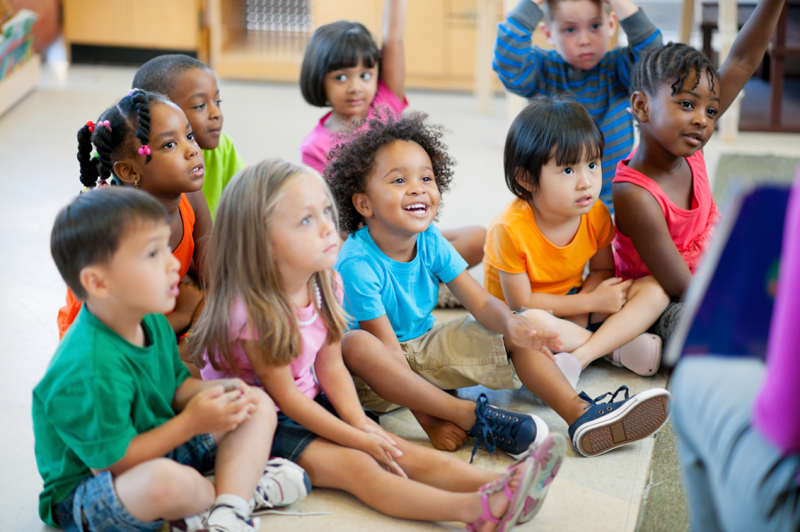A Child-Focused Benevolent Childhood Experiences (BCEs) Scale for Community Providers who work with Families
Angela Narayan, Psychology

The overarching aims were to formalize a partnership with the Office of Early Childhood (OEC) at the Colorado Department of Human Services, and specifically, with the OEC-supported Strengthening Families Network (SFN). The goals of this project were 1) to gather community provider input on developing a new iteration of the Benevolent Childhood Experiences (BCEs) scale to be directly used by community providers and school teachersas an assessment of currentyoung children’s individual, relationship, school, and community assets and resources. The goal was also 2) to administer this new pilot BCEs- Child scale to a set of 120 parents and teachers of diverse, low-income children who are participants in my prospective longitudinal study of familiesthat began in 2017 when individuals were pregnant.
As outlined in this proposal, I began this project by giving an initial community-engaged workshop to the SFN of approximately 30 community health providers. I have worked with several subsets of the SFN since 2020, with the largest group being approximately 1,000 providers. Each time I work with them, I ask their feedback on current versions of the BCEs scale and then work this feedback into new item development for the scale. Furthermore, working with the SFN has had a cascading benefit of introducing me to providers who want additional workshops for their own sectors of early childhood development across the state and country. For instance, I then worked with the Denver-based Parents as Teachers organization to also discuss the BCEs scales and ask for their input on using it in their work with home visiting, early childhood education, and parental mentalhealth programming. I also workedwith teams of providers from Maryland, Massachusetts, New Jersey, and South Carolina. I was then thrilled to receive the 2024 Early Career Research Award from ZERO TO THREE, where I had the chance to inferface with infant and early childhood mental health fellows from all over the world and consult with them on the cultural sensitivity of the BCEs scales for use in diverse families. As a result of these meetings, I piloted the BCEs-Child version of 20 items to over 100 families (approximately 276 unique adults, including mothers, fathers, and schoolteachers), all of whom are currently completing and giving feedback on this scale (data collection is still ongoing).
Impact of Project. I also received Early Career Research awards during the span of this project from American Psychological Association (APA) Division 37 (Child and Family Policy Section on Child Maltreatment) and from APA Div 53 (ChildClinical and Adolescent Psychology). The latter also awarded me $20,000 in unrestricted research funding to use in additional instrument and method development to extend work from this CCESL Public Good grant on assessing children’s resilience following parents’ racial socialization as a protective factor against racial discrimination in minorized and marginalized families. In addition to helping me receive national recognition for my work at DU, I also have worked to disseminate this research to interdisciplinary audiences, further increasing media publicity. In June 2024, I was invited by the USC Annenberg Center for Health Journalism to give an invited presentation to their 2024 National Health Journalism fellowship, where I had the opportunity to discuss my work on DEI- informed research methods to assess BCEs as well as childhood maltreatment. This was an illuminating experience in which I had a chance to practice disseminating my work to a media audience and distilling the main messages into brief soundbites that journalists could use in their reporting endeavors within their communities. I have continued to involve my students in learning how to get these presentations so they have a sense of how to deliver scholarly information to community audiences.